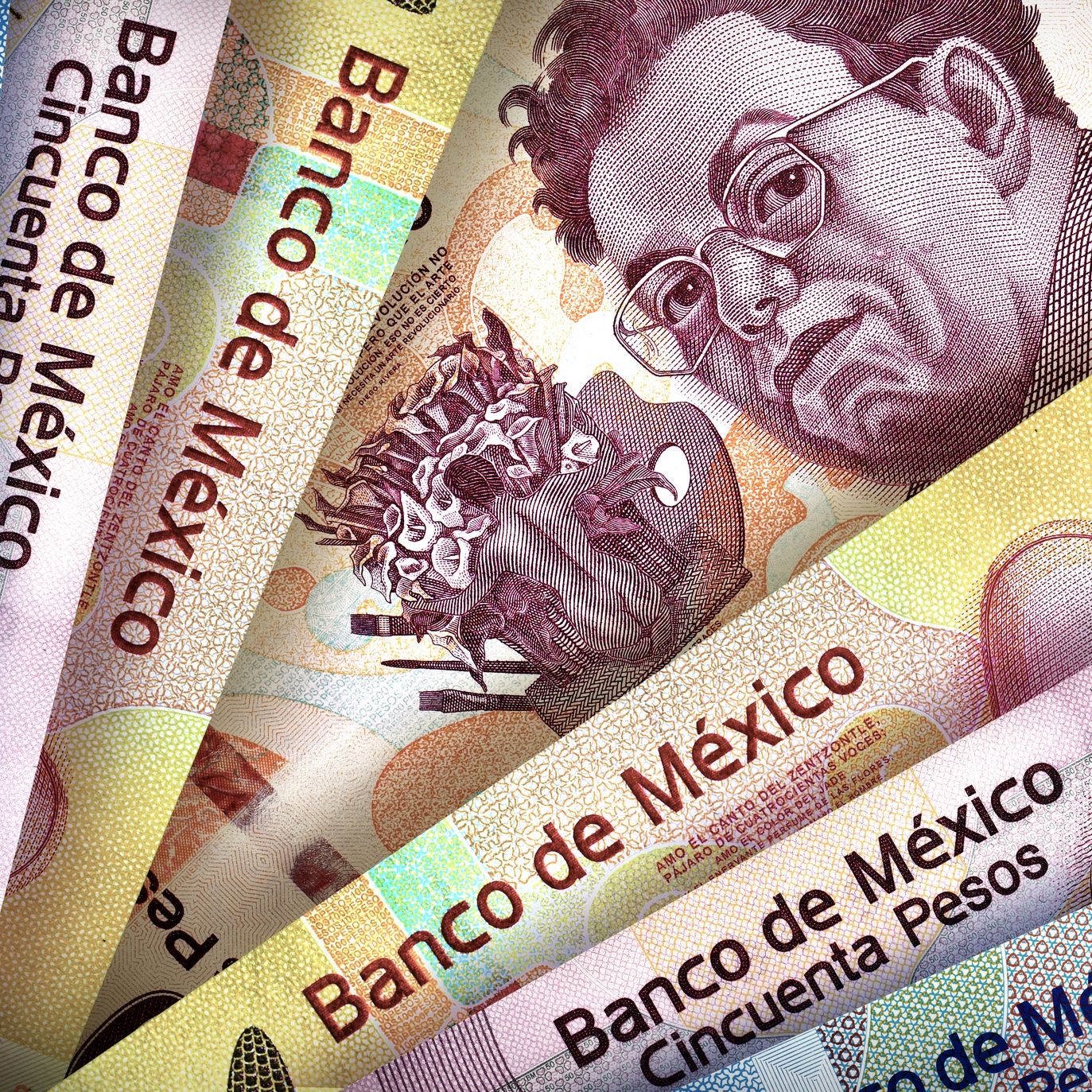Economy
Mexican Economy, World's 15th Largest, by the Numbers

Published:
Last Updated:

As the issues over whether the United States will walk away from North American Free Trade Agreement (NAFTA) boil, one of the things at risk is the future growth of the Mexican economy. It is the 15th largest in the world, as measured by nominal gross domestic product (GDP) at $1.063 trillion, according to International Monetary Fund (IMF) data. Independent research sources show how heavily this figure is based on U.S. trade.
In terms of its other NAFTA partners, Mexico’s GDP is not much smaller than Canada’s, which at $1.532 trillion places it in 10th place. The U.S. economy, the world’s largest, measures $18.561 trillion. The large European Union economies are larger as well: Germany at $3.949 trillion, the United Kingdom at $2.649 trillion, France at $2.488 trillion and Italy at $1.852 trillion.
The recent IMF report on Mexico lists trade with the United States as one of the major threats to its growth:
Mexico is confronting a complex external environment characterized by heightened risk of trade protectionism and financial markets volatility. Real GDP growth is projected to moderate to 2.1 percent in 2016, with inflation remaining close to the 3-percent target. Looking ahead, the expected recovery in external demand and investment should support economic activity. The main risks include a rise in global protectionist tendencies, weaker-than-projected growth in the United States, renewed surge in capital flow volatility, and further decline in domestic oil production.
Mexico’s oil-producing infrastructure is aged by most standards, which means even with increases in the price of crude, its ability to leverage a rise will be limited. Revenue from government-owned oil company Pemex is about 20% of the total.
The World Bank has expressed similar concern about Mexico’s oil production and the persistent debt problems that have plagued many of the world’s largest economies:
A persistent trend of increasing debt-to-GDP for almost a decade now (from 29 percent in 2007 to an estimated 50.5 percent by the end of 2016) in combination with falling oil revenue, a fragile financial situation of the National Oil Company PEMEX as well as disappointing economic growth led rating agencies to put Mexico’s sovereign (investment grade) rating on a negative outlook. In managing the decline in oil revenue, the government benefitted from a tax reform implemented in 2014 that substantially raised non-oil revenue and started to cut (non-mandatory) expenditures in 2015 and 2016. An additional tightening of public expenditure in 2017, aimed at achieving a primary surplus for the first time in nearly a decade, should stall the increasing public debt burden.
The CIA Factbook lists trade with the United States as absolutely critical to its future:
Mexico has become the US’ second-largest export market and third-largest source of imports. In 2014, two-way trade in goods and services exceeded $590 billion. Mexico has free trade agreements with 46 countries, putting more than 90% of trade under free trade agreements. In 2012, Mexico formally joined the Trans-Pacific Partnership negotiations and formed the Pacific Alliance with Peru, Colombia, and Chile.
Major trade friction with the United States could be economically devastating.
The average American spends $17,274 on debit cards a year, and it’s a HUGE mistake. First, debit cards don’t have the same fraud protections as credit cards. Once your money is gone, it’s gone. But more importantly you can actually get something back from this spending every time you swipe.
Issuers are handing out wild bonuses right now. With some you can earn up to 5% back on every purchase. That’s like getting a 5% discount on everything you buy!
Our top pick is kind of hard to imagine. Not only does it pay up to 5% back, it also includes a $200 cash back reward in the first six months, a 0% intro APR, and…. $0 annual fee. It’s quite literally free money for any one that uses a card regularly. Click here to learn more!
Flywheel Publishing has partnered with CardRatings to provide coverage of credit card products. Flywheel Publishing and CardRatings may receive a commission from card issuers.
Thank you for reading! Have some feedback for us?
Contact the 24/7 Wall St. editorial team.